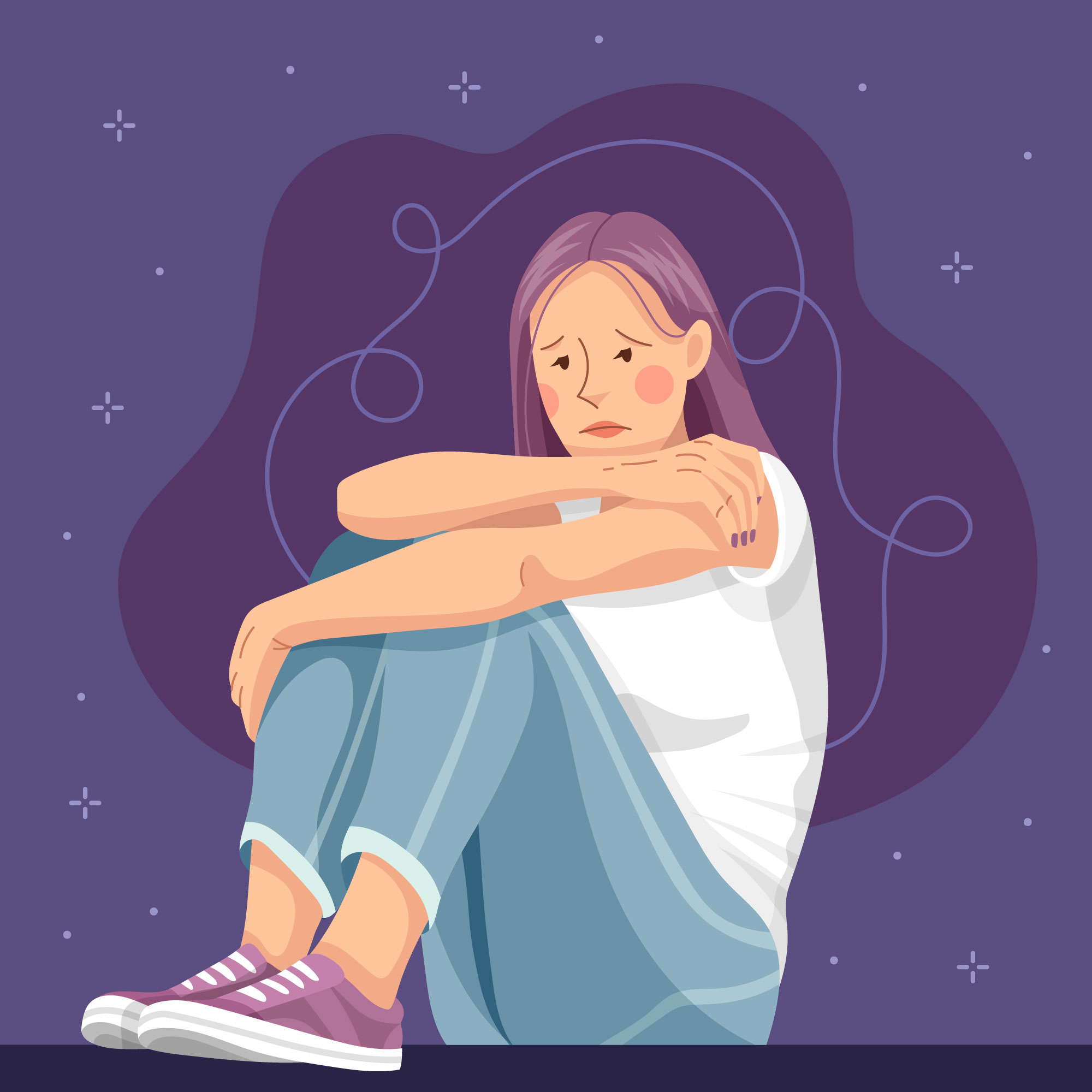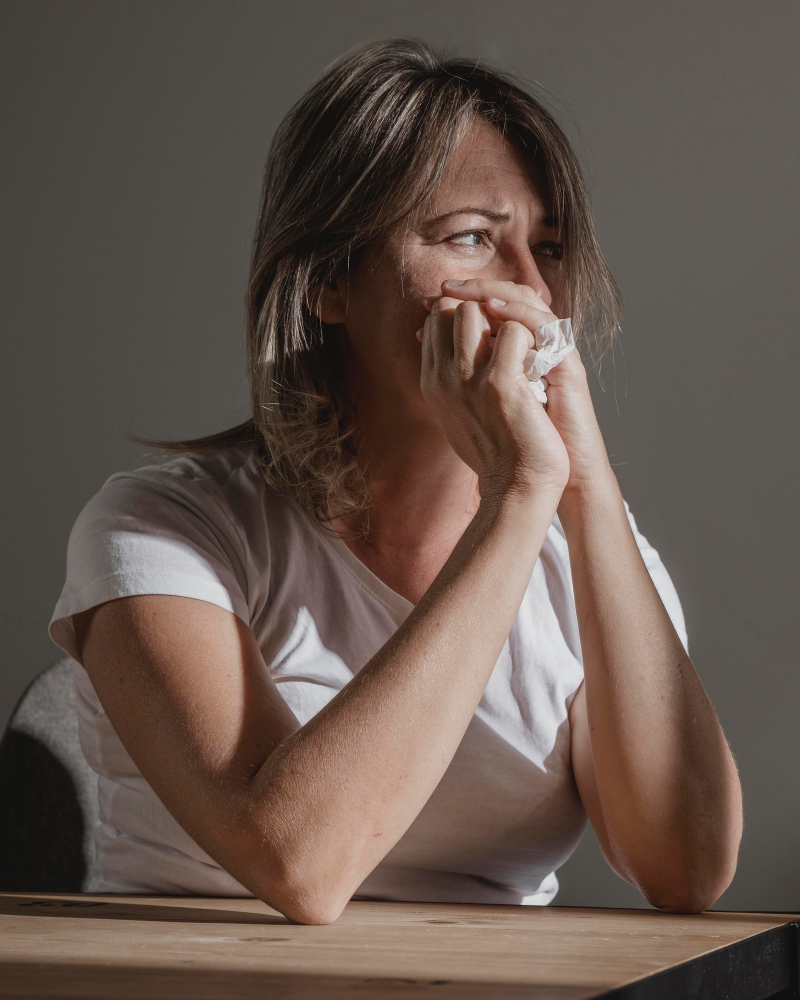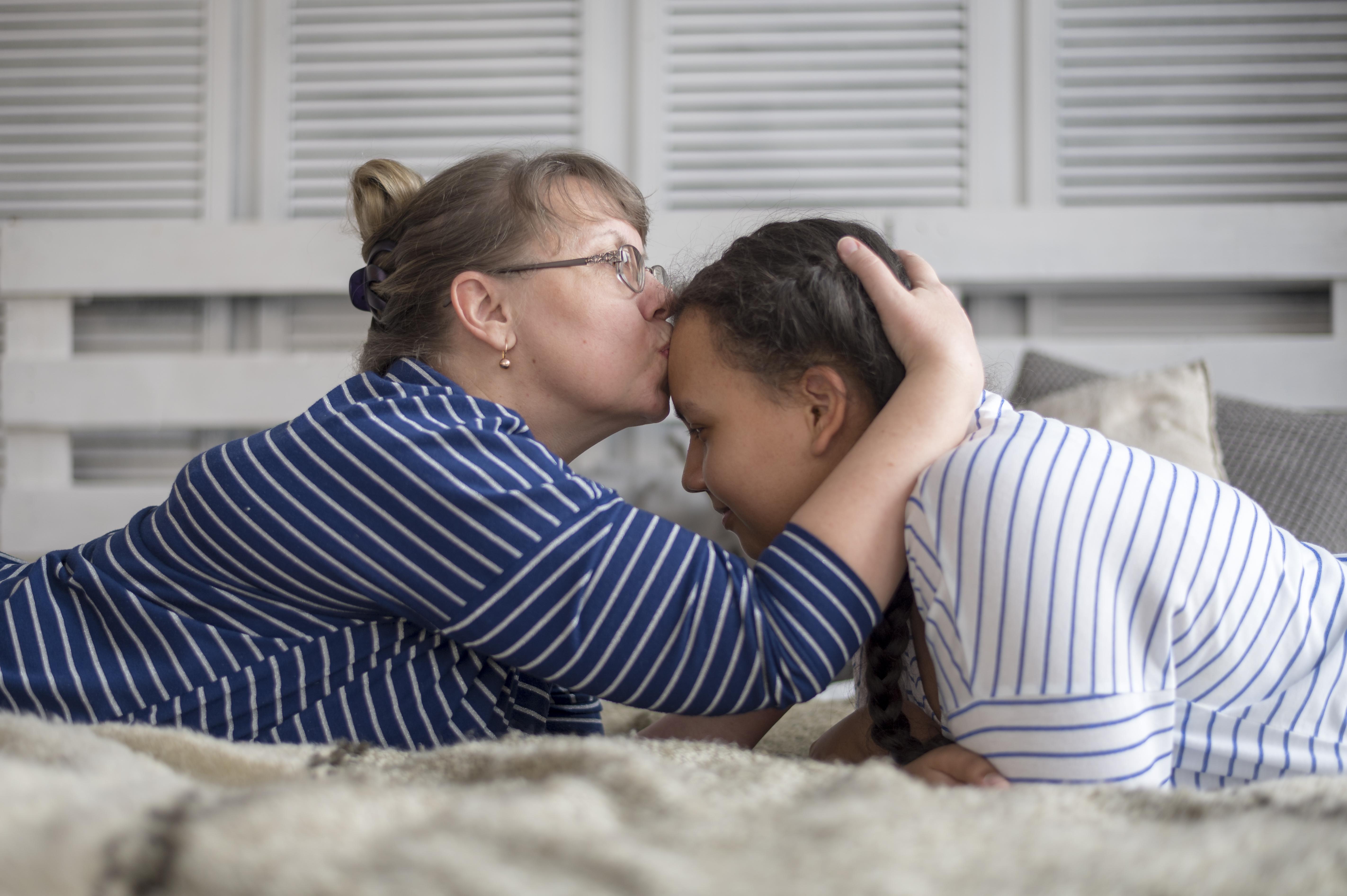Parenting is not a monolith. Neither is disability. Every family walks a different path, shaped by bodies, resources, identities, and institutions. This piece reflects one perspective—mine—as a disabled parent navigating systemic harm, health collapse, and the fierce love that remains. It is not universal. But it is real.
The cost
Parenting disabled children is not tragic. It’s luminous. Strange, wonderful, and wild. We laugh a lot. We learn together in bursts and spirals. We delight in obscure facts and sensory joys and ridiculous in-jokes.
I would not trade my children for anything.
But I would trade the systems that have tried to break them—and me.
The illusion of progress
At first, I thought I could outwork it. We had elaborate dreams, relative affluence, and optimism. I learned the language of advocacy. I wrote the letters, showed up to meetings, documented gaps. When services were reinstated or someone started smiling again, I took it as proof that we were on the right path.
But it never held. Every school year reset the board. Trusted staff were reassigned. Promised supports vanished.
And in the spaces where systems failed, I filled in the cracks. I buffered the impact at home. I made it survivable—barely. I tried to soften the blow of being sent back into environments that weren’t built for them.
Until one day, I realised I was no longer a buffer. I was the one sending them back. And it broke something in me.

What’s lost
The losses came slowly, and then all at once.
My marriage couldn’t survive the tension between wanting things to feel normal and living in a reality that never was.
Friendships dissolved—first the incidental ones, and then some vital ones. I was always too intense. Too focused on what was happening to us. Too unable to pivot to lighter things. I lost the ability to pretend and the ability to have fun.
Even when milestones came, they felt empty. I couldn’t celebrate what I had to fight so hard to access. Not when I knew what it had cost.
Parenting now
They are often home now. Not because we planned to be, but because the alternatives stopped being safe.
There is no curriculum here. Just conversations, care, sensory regulation, and trying to get through each day without crisis. Sometimes we talk for hours about the things we love. Sometimes we collapse in exhaustion and rage. Mostly they are on their iPads. It’s not what I expected for my kiddos. I had a 3.7 GPA in university.
What we have left is the pulp of institution harm. The stuff left over, when systems extract everything and offer nothing back.
And yet we’re still alive. We still have to keep doing dishes and feeding ourselves. Sometimes we seem like the walking dead, shuffling along.

The narrowing
I am sick now.
My metabolism and immune system are broken, marked by years of vigilance, sleep deprivation, and adrenaline-fuelled caregiving. I was strong—but strength, weaponised by necessity, became the thing that broke me.
My support network has narrowed. My family is ageing, unwell, or already gone. Friends are struggling, burnt out, or too far away to reach.
The people I’m closest to are the ones I care for. And when our bond is tested—by stress, by adolescence, by sensory overload—it doesn’t feel like a parenting challenge. It feels like an existential rupture.
Because they are my world now.
The unspoken risk
Sometimes I think I might just drop dead.
My mother’s younger siblings both died younger than I am now—from the same genetic and physiological vulnerabilities I likely carry. One of my closest friends died six weeks after a cancer diagnosis. Another, just recently, younger than me and leaving a child behind.
This is not rare. This is what happens when people live too long under unmanageable pressure.
I am scared of disappearing before I’ve finished holding them through some semblance of growing up. My beloved creatures that I birthed into this world.
This is what people don’t see when they talk about resilience. About self-care. Get a manicure!
We are not failing. We are being failed. And some of us are dying because of it.
What I wish I had known
I thought I could carry it. I thought love was enough. That sacrifice would yield safety.
But no one warned me how much it would cost.
Not just time or energy or money. But health. Relationships. Futures.
If I had known, I might have chosen differently. We might have exited sooner. I might have preserved more joy, more wholeness, more life.
So if you’re reading this—if you are just starting down that path—I beg you: be careful what you invest.
-
The politics of politeness: how tone-policing silences parent advocates
When a parent dares to speak plainly about harm—especially when that harm is systemic, ongoing, and inflicted upon a disabled child—they are swiftly met with a familiar response: watch your tone.
-
You’re not wrong: reflections on motherhood and advocacy
This piece is for the mothers who have become unrecognisable to themselves in the crucible of advocacy—those who perform calm while their bodies tremble with rage, who write polite emails through tears, who scream in the car and smile in the meeting. It…









